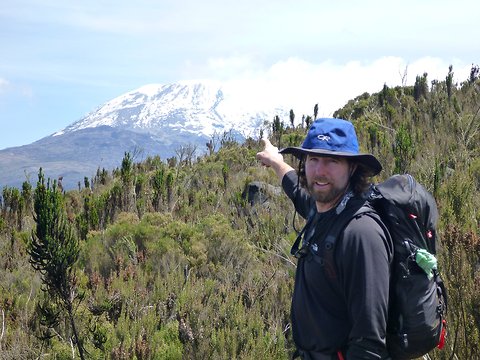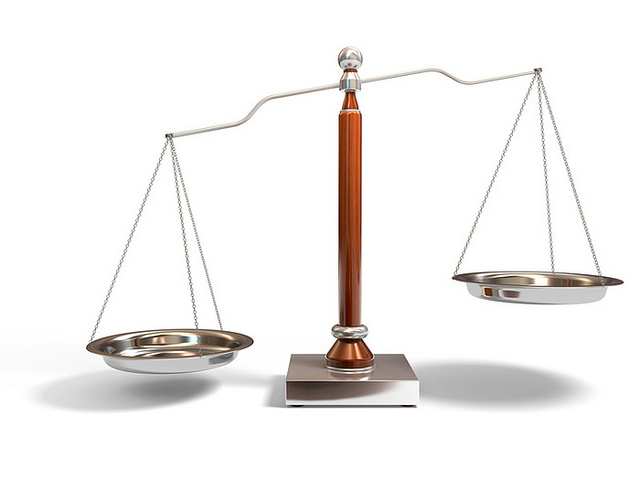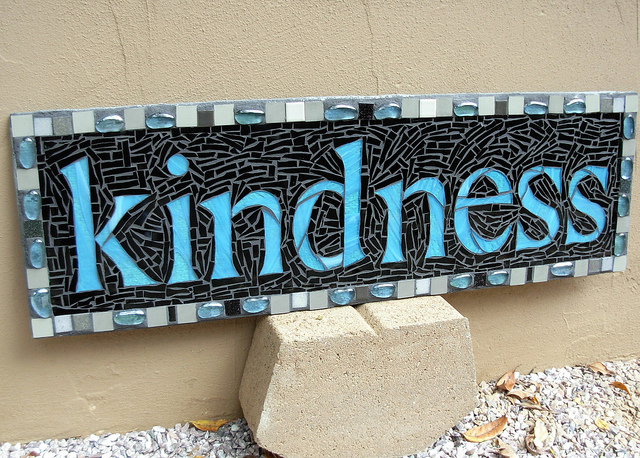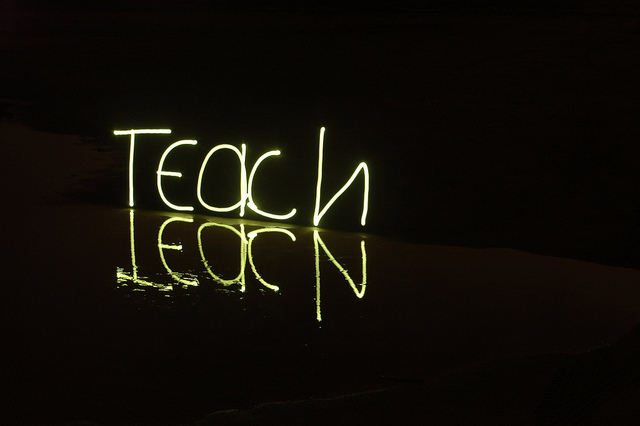“The best teachers are those who show you where to look, but don’t tell you what to see.”
—Alexandra K. Trenfor

Photo from bats.blogs.nytimes.com
I have been an active and engaged member of the ICF (International Coach Federation) for almost 20 years. Today, this organization has well over 20,000 members in more than 100 countries. The IFC has been one of the most active in establishing the ethics, standards, competencies, and credentialing criteria for the industry.
Fundamental to the value and impact of the coaching process is how it engages the individual in a variety of learning experiences requiring personal inquiry and self-discovery.
A phrase I like very much that describes this client-centered educational effort is “Coaches let their questions do the heavy lifting.” Although teaching experiences that “show and tell” can be a part of the learning process, it is perhaps when we help others to see, discover, and learn from within that even greater benefits are realized.
EXERCISE:
Think back to the teachers, mentors, and coaches in your life who have made the most significant impact in your life. Examine how many of them helped you discover and believe in your own potential and greatness.
How can you be this teacher or coach for those you care about in your professional or personal life?
Should you have the interest to learn more about coaching and the ICF, please visit www.coachfederation.org






